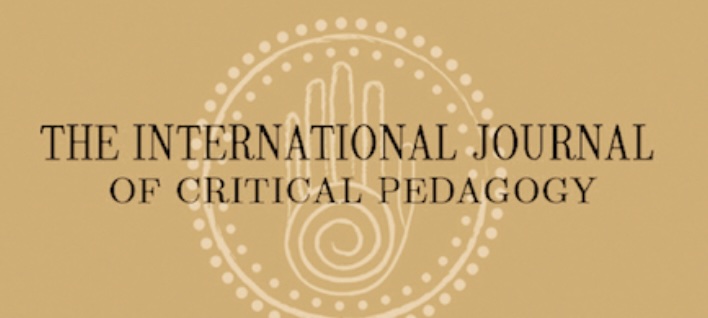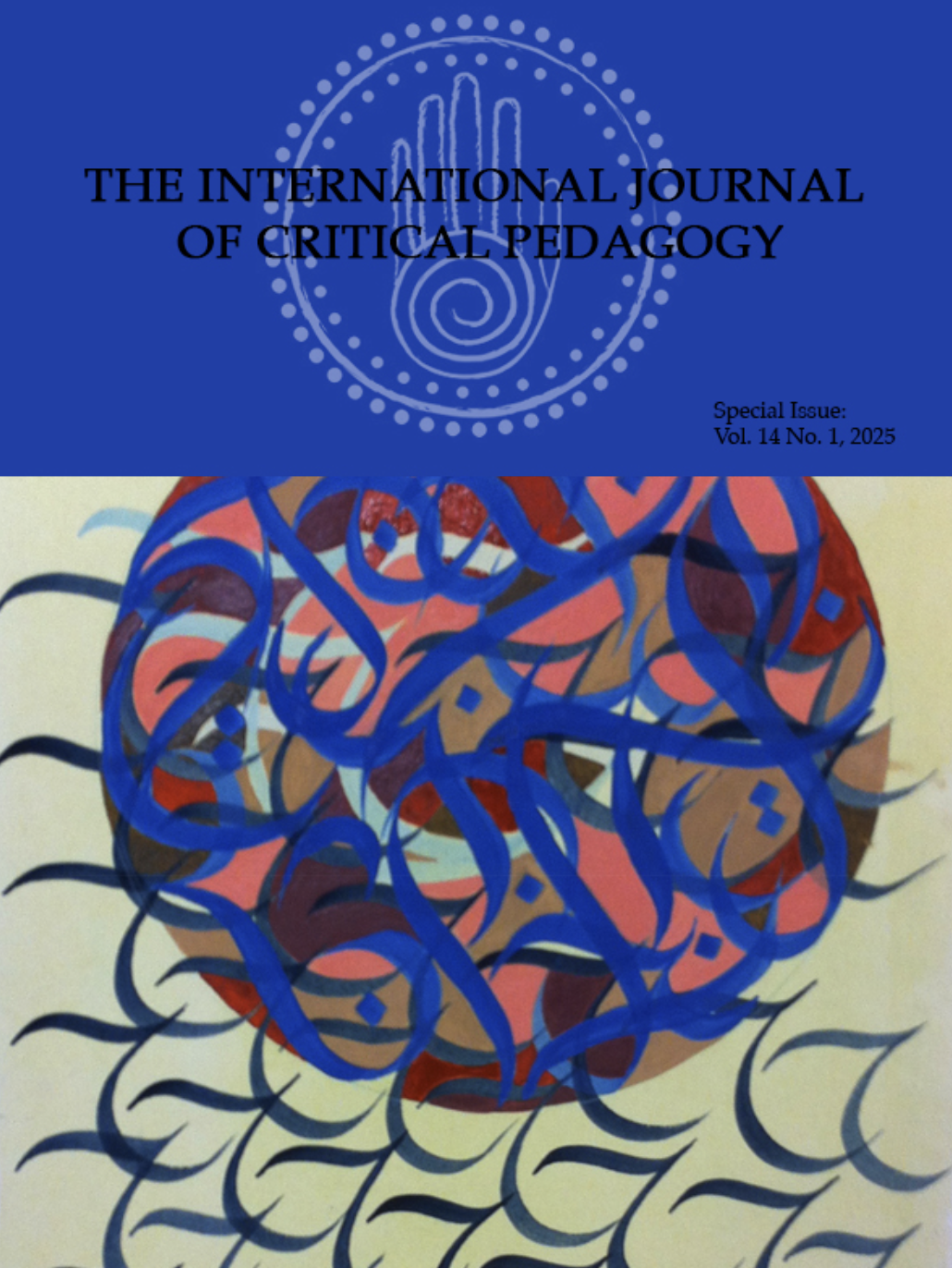Abstract
The paper examines how critical thinking is faring within the university curriculum in the cross-border education market that has developed since the 1995 General Agreement on Trade in Services (GATS). The overseas campuses of western universities fill the education hubs that have emerged in the Middle and Far East over the last two decades. In Qatar and the United Arab Emirates (UAE) western universities must negotiate the establishment of overseas campuses in dialogue with autocratic regimes that do not uphold rights to free speech. The paper questions the claim, made by some UK and US universities, that overseas campuses necessarily enlighten the political and cultural life of the states in which they do business and so offset contradictions between the liberal university and autocratic rule. However, an analysis of UK and US campuses in Qatar and the UAE suggests the global education business impedes political reform. The critical pedagogy necessary to build indigenous subjectivities in the Gulf states is marginalized by the global education market’s emphasis upon westernized curricula. Indeed, far from liberalizing social and political life, western campuses curtail the development of indigenous consciousness necessary for democratization. The liberalizing influence of overseas campuses in the Gulf states remains predominantly economic. In short, the global education market is building new hierarchies of knowledge production that reverse prior decolonization, re-westernize Gulf higher education, and stifle the criticality essential for political and social reform.
Keywords: curriculum, cross-border education, westernization, gulf states, marketization
How to Cite:
Hall, P., (2018) “Education City: The Global Education Market, Criticality, and the University Curriculum in the Overseas Campuses of Qatar and the United Arab Emirates”, International Journal of Critical Pedagogy 9(1).
Downloads:
Download PDF
View PDF

